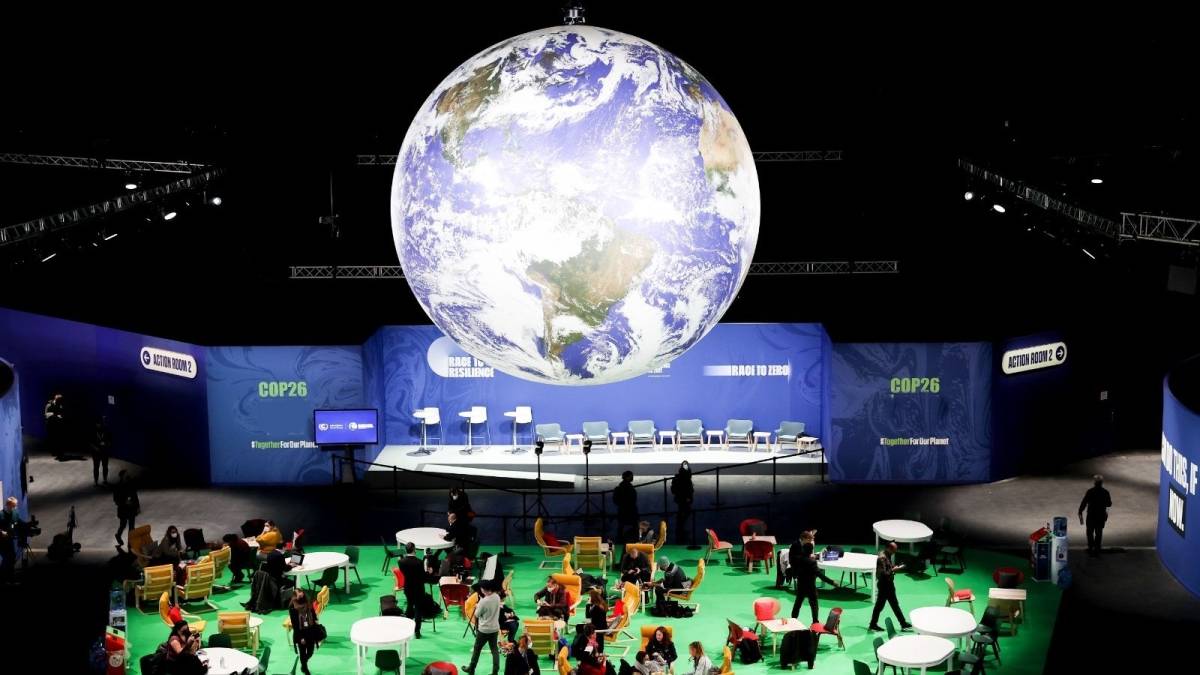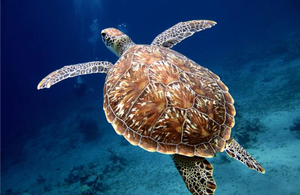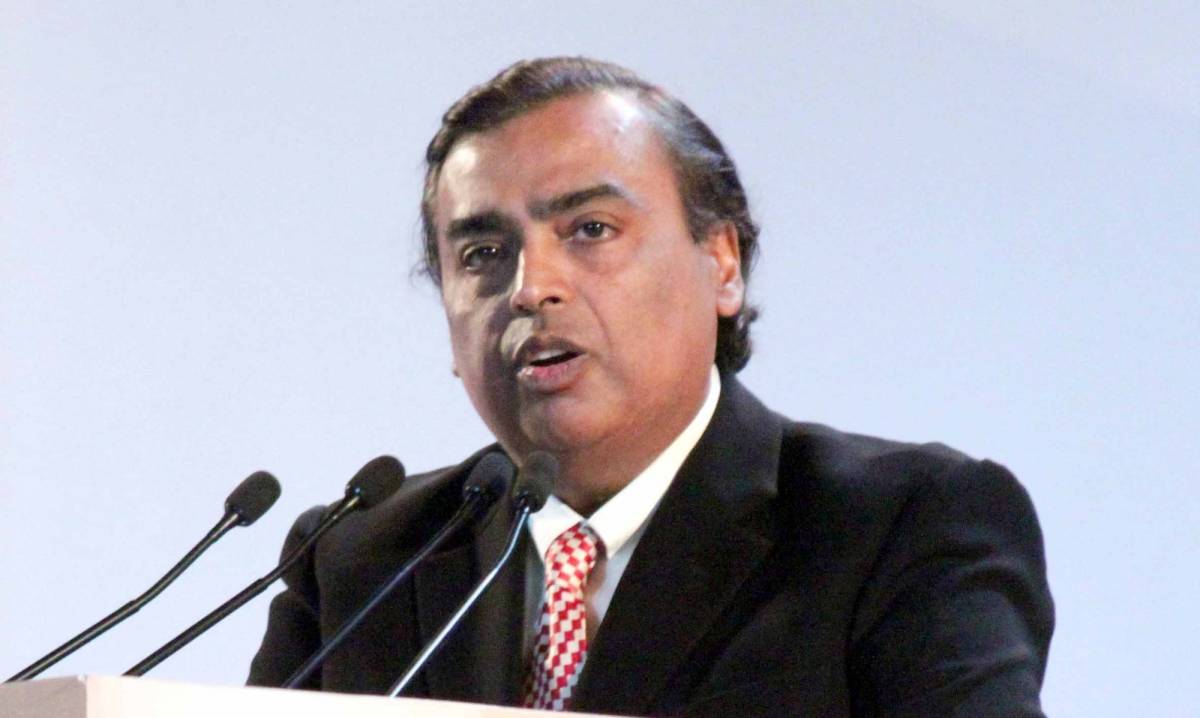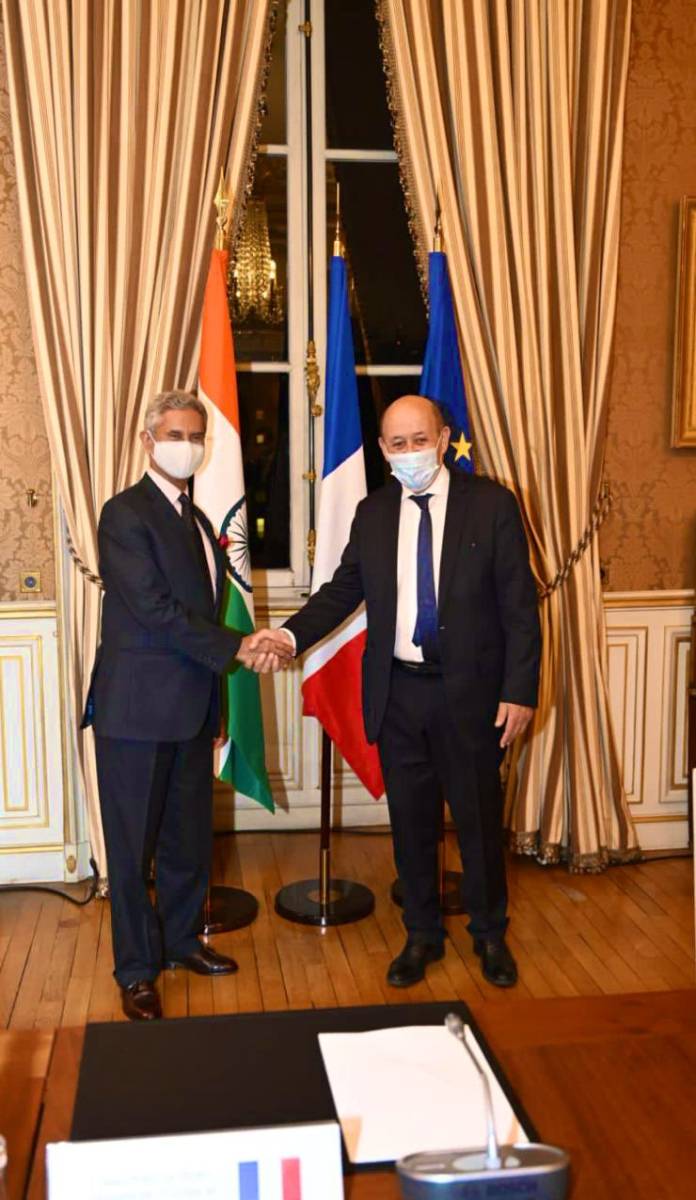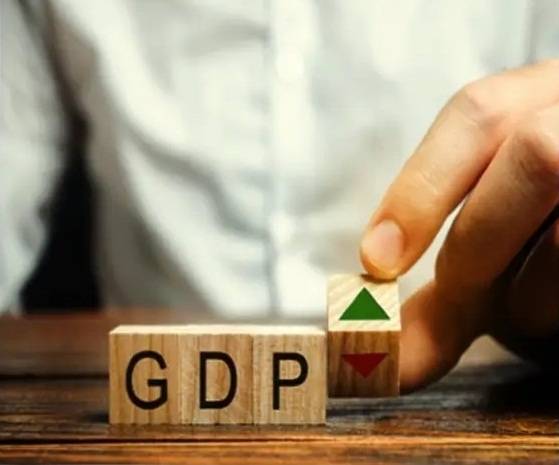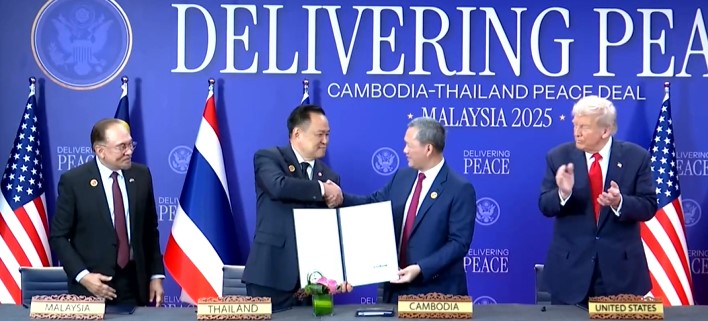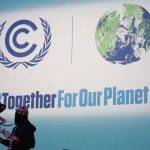In stage two, the four new tracking devices could pass over deep ocean trenches, across major migratory routes for marine mammals and birds, possibly beaching on distant shores…reports Vishal Gulati.
On the penultimate day of COP26, scientists have deployed plastic pollution tracking devices into the ocean around Scotland.
The devices will help scientists understand how plastic bottles move in the ocean and their interaction with climate change impacts, wildlife and weather patterns.
The ‘Message in a Bottle’ tracking project is being run by — Arribada Initiative, The University of Exeter, The University of Plymouth and the Zoological Society of London with support from #OneLess and OneOcean.
Designed to mimic a single-use plastic drinks bottle, the devices will respond to currents and winds as real bottles do. Stage one of the project launched on World Ocean Day June 8 during the G7 in Cornwall, and has already seen seven devices travel hundreds of miles over the past five months.
In stage two, the four new tracking devices could pass over deep ocean trenches, across major migratory routes for marine mammals and birds, possibly beaching on distant shores.
A recent study released by ZSL (Zoological Society London) and Bangor University revealed links between the global climate crisis and plastic pollution, including the impact of extreme weather worsening the distribution of microplastics into pristine and remote areas.
With all eyes on the UN Climate Change Conference COP26 nearing its completion in Glasgow, the four devices have been named “Heat”, “Acidity” “Deoxygenation” and ‘Pollution’ to draw attention to the need to adequately address these ocean crises in tandem and to ensure that a recurring ocean climate dialogue is fundamental to future COPs.
Heather Koldewey of the Zoological Society of London (ZSL) and University of Exeter, lead scientist on the project and Director of the #OneLess campaign said, “Through our research we’ve seen that plastic and climate change are fundamentally and intrinsically linked.
“Plastic is made from fossil fuels, generating greenhouse gasses at every step of its life cycle and the impact of both plastic pollution and climate change are both prevalent around the world. These crises are truly interconnected. There is only one ocean and by tracking the flow of plastics we are trying to demonstrate the connectedness and the wide-reaching impact that humans are having on our planet. There is an urgency to acknowledge that the climate crisis is the ocean crisis.”
Mirella von Lindenfels, Director of the International Programme on the State of the Ocean (IPSO), said: “The ocean regulates our climate and buffers us from the full force of climate change by absorbing our excess heat and over a third of our CO2 emissions. Any irreversible and significant changes to the ocean could have profound economic and ecological consequences.”
Over 359 million tonnes of plastic is produced annually and production has been predicted to double in the next 20 years.
ALSO READ-COP 26 :World Unites For Climate Summit in Glasgow


